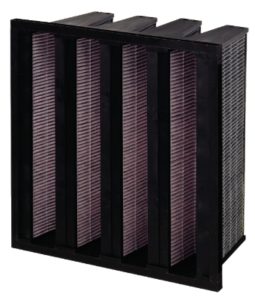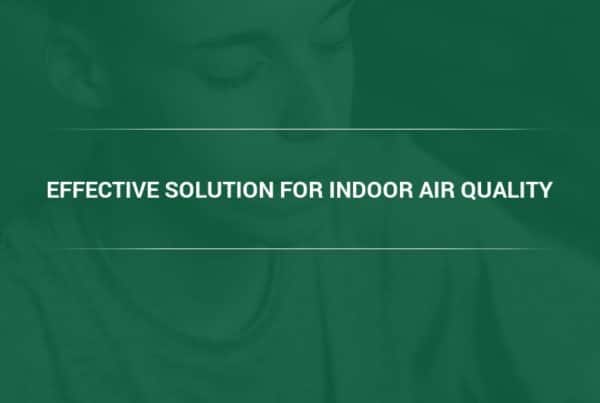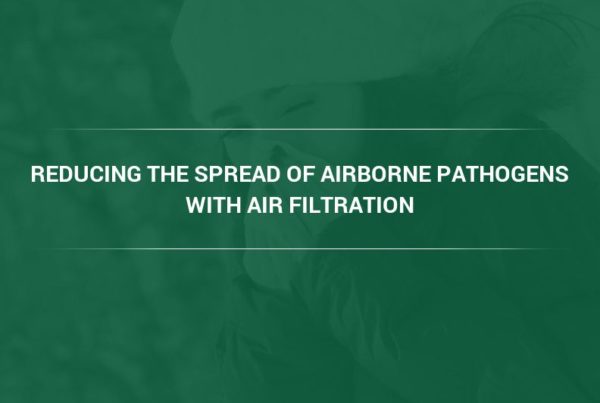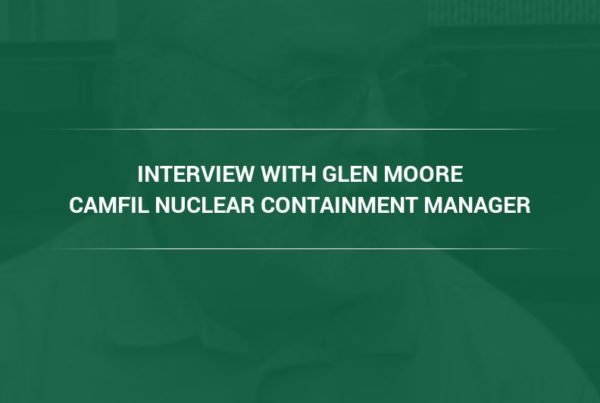Clean air, an entitlement? Most people think so. Unfortunately industrial economics, other countries with their lack of air quality controls and our own proclivity for being a mobile society continue to raise pollution levels and contaminate the air that we breathe every day. In many parts of the country, more than half of us are exposed to dangerous levels of pollutants that can impair people with existing health problems. Polluted air can also introduce otherwise healthy individuals to breathing related disorders such as asthma, chronic bronchitis and even contribute to higher incidences of cancer.
In many commercial buildings, schools, medical facilities and other common daily environments we are protected by high efficiency air filtration. Most engineers design MERV 13 (minimum efficiency reporting value) filtration into a building’s heating and air conditioning system. Some even take the extra step specifying that the MERV-A be equivalent to the MERV assuring that the filter will maintain its published efficiency throughout its life in the system. Some filters actually lose efficiency over time, not a feature when human health and comfort depend upon clean air. MERV 13 filters remove airborne particles to the point where concerns for health when outdoor pollution levels are high are not a concern.

The Camfil CityCarb removes ozone associated with health problems and valuable artifact degradation.
These filters do not address gaseous pollutants such as ozone which is a problem in many communities throughout the country. Ozone is a naturally occurring gas that will break down other components. It is nature’s cleaning tool, but unfortunately it can be a detriment to human health when it reaches high levels.
Oxone can be removed by carbon filters through a catalytic reaction removal process where ozone (O3) is reduced to O2. Some cities with a history of high ozone, Los Angeles as an example, have applied carbon filters in many of their buildings for years. Carbon filters are also used in libraries and museums where ozone removal is critical as ozone as it is the main pollutant that will destroy these valuables over time. Many engineers are designing carbon filters into HVAC systems to apply the same level of protection for building occupants. An additional caveat of using carbon filters is that the introduction of outside air can be reduced, thus saving the energy expense that would have been required to temper the incoming air during temperature extremes. Imagine the energy savings in Atlanta in the summer or Boston in the winter.
Camfil, the world’s largest air filter manufacturer, offers additional reference material regarding pollutants and filtration on their web site at www.camfil.us or www.camfil.com. They offer a variety of products that can address virtually any concern relating to particulate or gaseous contaminant removal.



